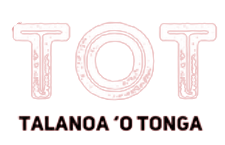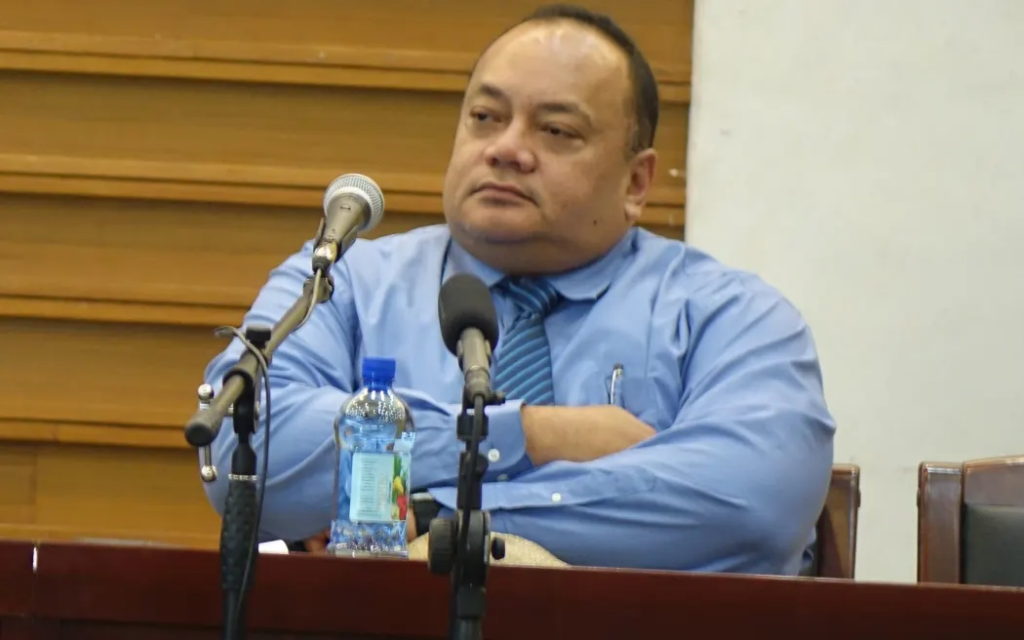Tonga’s civic space is rated as ‘narrowed’ by the CIVICUS Monitor. Ongoing concerns documented include the existence of criminal defamation laws, restrictions on the media and risks faced by the LGBTQI+ community.
In April 2024, some of Tonga’s top ministers announced their resignations after a months-long constitutional crisis with the King. Prime Minister Hu’akavameiliku Siaosi Sovaleni told parliament that he would give up the role of defense minister, while Fekitamoeloa ‘Utoikamanu, one of his key allies, would resign her ministerial roles for foreign affairs and tourism, conceding to the demands of King Tupou VI. In early 2024, the King abruptly withdrew “confidence and consent” for appointments to three key ministries. Tonga’s Privy Council issued a directive that the King had lost confidence in Hu’akavameiliku and ‘Utoikamanu.
More than a year after Tonga was reviewed by the UN Human Rights Council for its Universal Periodic Review it has yet to implement key civic space recommendations. During the review in May 2023, Tonga received 11 recommendations to ratify the International Covenant on Civil and Political Rights (ICCPR) from UN member states. The UN treaty guarantees the right to freedom of expression, peaceful assembly and expression, among other things. It also received six recommendations to establish a national human rights institution in line with the Paris Principles. CIVICUS is not aware of any progress on both these recommendations.
Expression
Continued challenges to press freedom
In May 2024, Tonga was ranked in 45th position in the World Press Freedom Index by Reporters Without Borders (RSF).
According to RSF, while the constitution guarantees press freedom, its enforcement has been erratic. A 2020 law on electronic crimes gives three years in prison for cyber-harassment, which is not clearly defined. In 2022, the Ministry of Information and Communications quietly adopted eight draconian media regulations that, in essence, penalise the dissemination of so-called “sensitive” information and protect politicians.
Under the ever-present threat of financial collapse, RSF said that some journalists censor themselves for fear of angering advertisers, including the government. Further, some topics are still off limits for the media, such as the police’s use of torture, the abolition of the death penalty and the persistence of the practice of child marriage.
Source: CIVICUS




